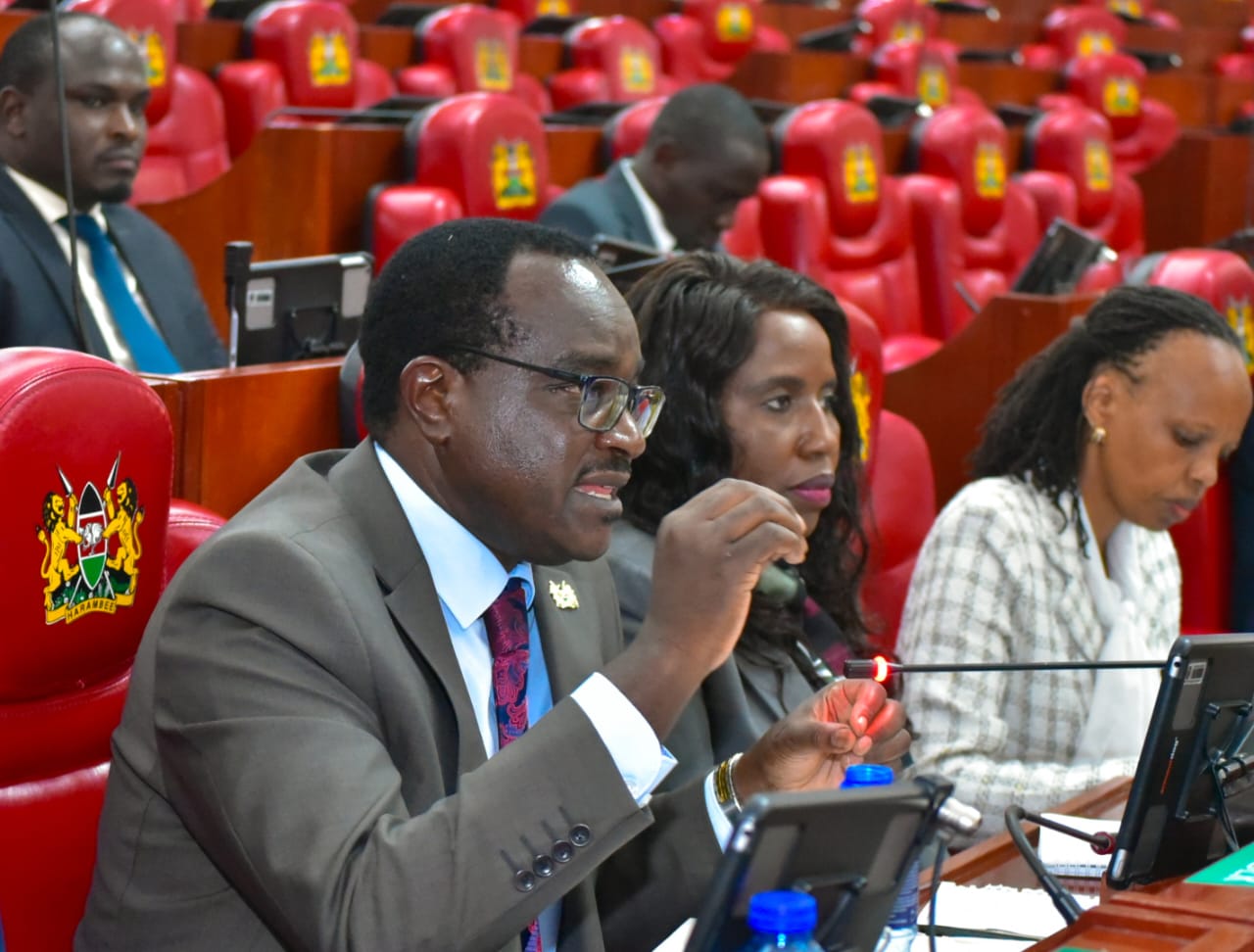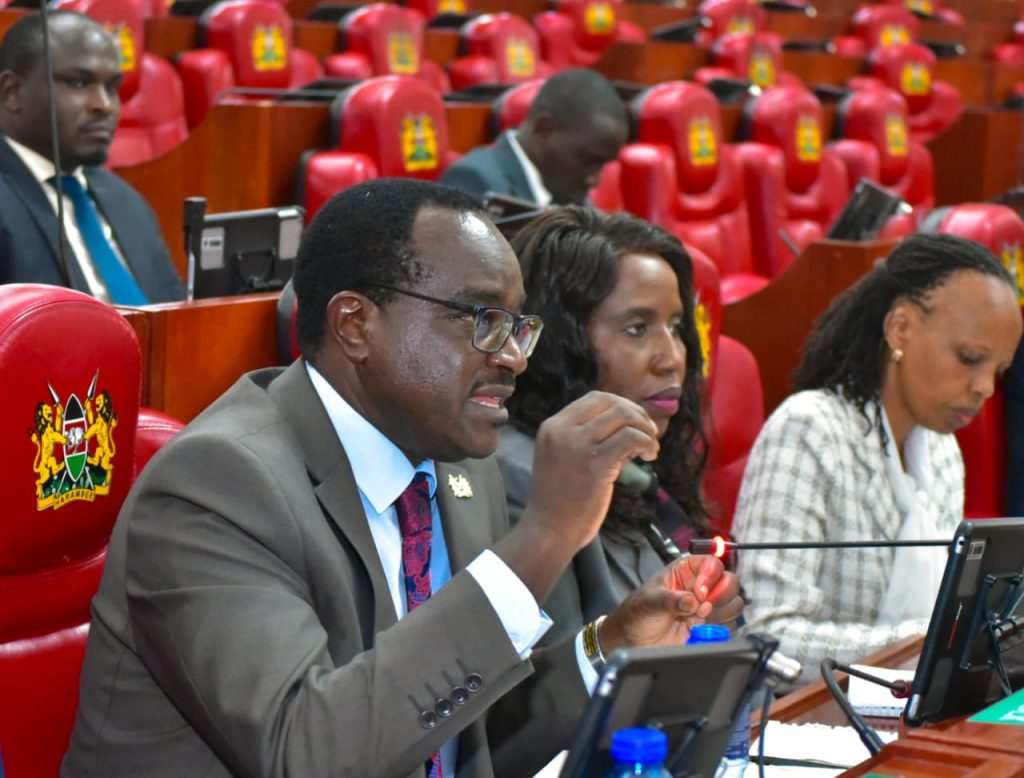
In a sweeping move to root out non‑existent or fraudulent educational institutions, Education Cabinet Secretary Julius Migos Ogamba today ordered all schools across Kenya to undergo mandatory re‑registration under the newly launched Kenya Education Management Information System (KEMIS).
The directive aims to replace the flawed National Education Management Information System (NEMIS) and eliminate “ghost schools” suspected of siphoning public funds.
During a live radio interview on Tuesday, CS Ogamba asserted that prior audits revealed serious discrepancies: fake institutions on NEMIS had received portions of a Ksh 1.3 billion school infrastructure fund—complete with fabricated enrolment lists and fictitious locations.
“Going forward, to solve the problem of ghost schools, all schools which had registered on NEMIS must re‑register under KEMIS so that we have clean data,” Ogamba said, emphasising that only verifiable institutions will qualify for government support.
Under KEMIS, schools must provide accurate physical addresses, current student enrolment figures and full teacher rosters. The system is designed to produce transparent and verifiable education data to inform planning and funding decisions.

Ogamba explicitly warned that maintaining or operating ghost schools is illegal and unethical. A joint audit team—working with the Office of the Auditor General—is already identifying fraudulent entries and preparing for enforcement against offenders.
The new re‑registration initiative is slated to be completed before year‑end, as the Ministry works to restore integrity to basic education governance. Ogamba described KEMIS as a “credible system” that will ensure officials “know the school, where it is, the number of students, and the number of teachers.”
In addition to cleansing the school register, the CS announced a 15–30% reduction in university tuition fees and confirmed that government funding to institutions will now be routed only to verified school bank accounts, further strengthening financial oversight.
This landmark government action responds to mounting pressure from Members of Parliament and education advocates, who flagged how ghost schools had undermined capitation funding and allowed public monies to vanish into thin air.
The re‑registration directive is set to transform Kenya’s education sector—from Early Childhood Development (ECDE) through basic and higher education—ushering in an era of data‑driven governance and accountability.
Schools that fail to comply risk derecognition and possible investigation.As the clock ticks toward the re‑registration deadline, schools nationwide must act swiftly to register under KEMIS or face the collapse of funding streams and scrutiny by anti‑fraud agencies.







